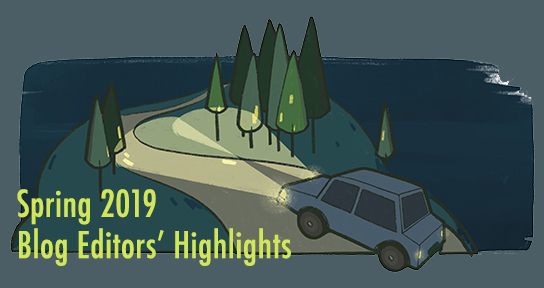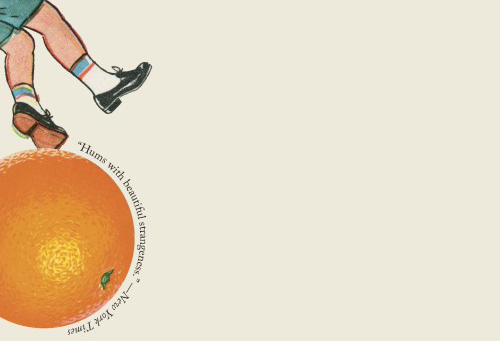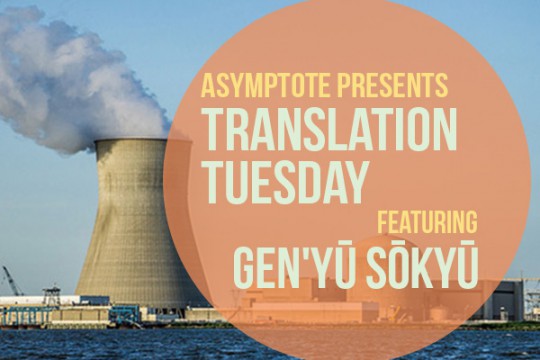The Spring 2019 issue of Asymptote, “Cosmic Connections,” features work from 27 countries and 17 different languages. If you’re not sure where to begin, our blog editors have you covered with recommendations for some of their favorite pieces, including an essay about an adventure in the Chernobyl Exclusion Zone, a story that jumps from medieval Jewish theology to the relationship between an Argentine father and son, and poems that offer us a glimpse into intimate moments in the city of Shanghai.
Asymptote’s newest issue is one of the journal’s best to date, meaning that it was nearly impossible to choose just one piece to highlight. In the interviews section, I found Dubravka Ugrešić’s comments on literary activism and Viet Thanh Nguyen’s discussion of the role of Marxism in his work particularly illuminating, while, in the special feature, Nancy Kline’s essay stood out for its focus on the often-overlooked role of the writer’s (and the translator’s) accent and spoken voice in the translation process. But I’d like to devote my highlight to an essay by a somewhat lesser-known writer, one who might otherwise get lost among the many big names that appear in this issue.



